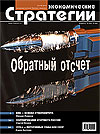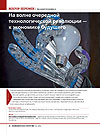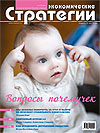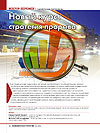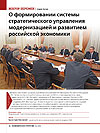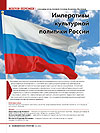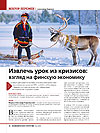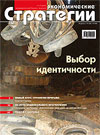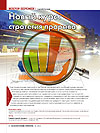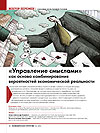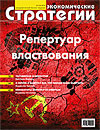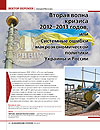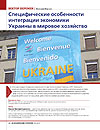In the Wake of the Next Technological Revolution — to the Future Economy
The current global economic crisis witnesses the next technological revolution, meaning transition from economy of material benefits to the economy of intellectual wealth. Productive motor forces yield the palm to productive intellectual forces. Infrastructure undergoes significant changes, applying flat economy on a larger scale and replacing traditional clusters and industrial parks by global industrial centers, educational, financial and innovative supermarkets.


